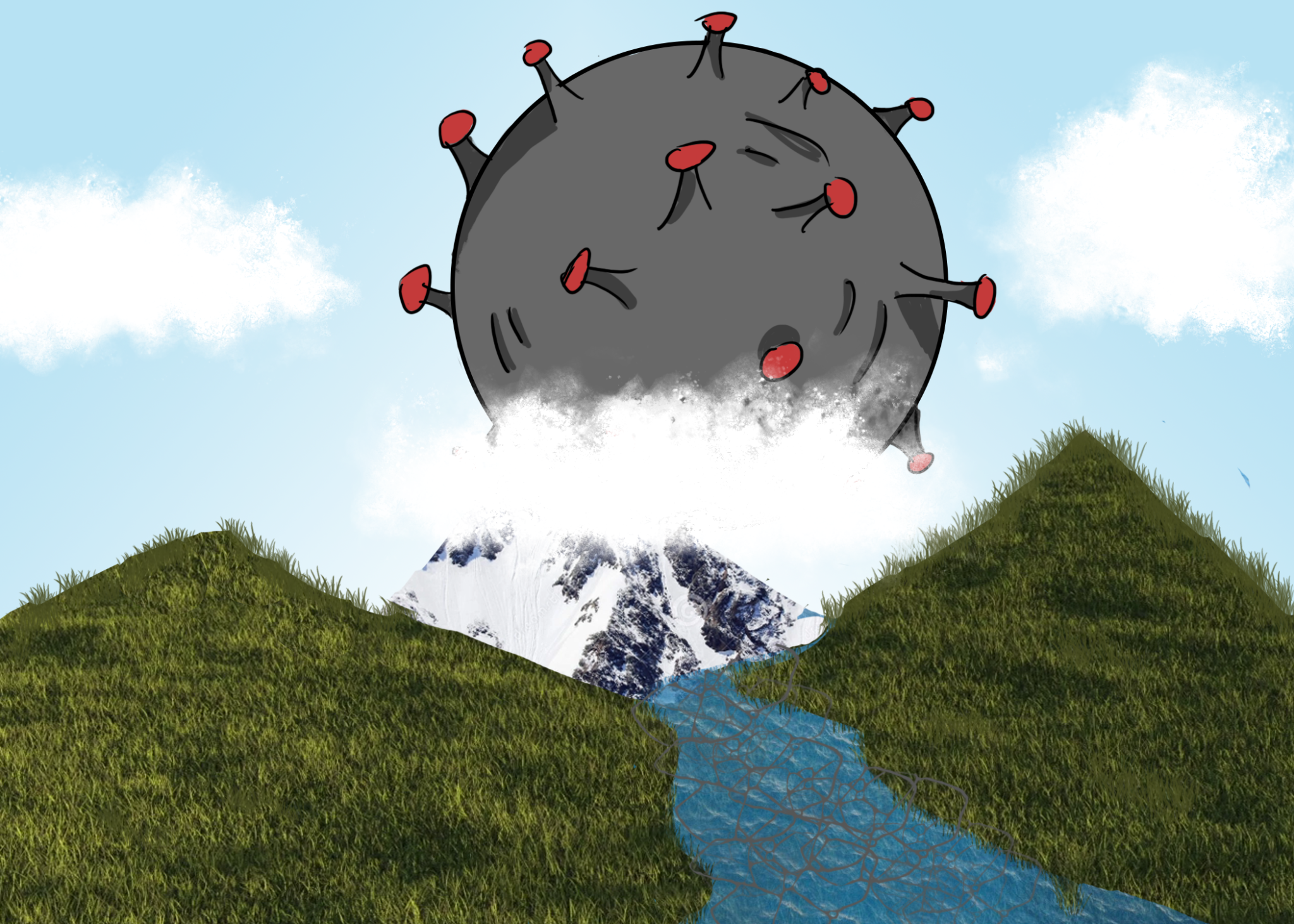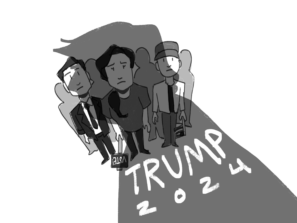
Since the COVID-19 pandemic began, it has had observable impacts on the environment. As leaders of countries around the globe urge citizens to socially isolate, air and road traffic have decreased resulting in the lowest carbon emissions since the 2008 recession.
In April, when heavy lockdowns were still in effect, carbon emissions were down by 17%. However, in June, this percentage shrunk to 5%. Now, scientists predict that emissions will surpass what they were before the pandemic in an attempt to reconcile the economic losses suffered during stay-at-home orders.
The use of disposable personal protective equipment itself is creating pollution issues. Masks, gloves and bottles of hand sanitizer are appearing on beaches so frequently that experts are classifying them as a new type of environmental hazard. The longer the pandemic goes on, the more plastic ends up in oceans that are already struggling to deal with decades of plastic pollution.
“These issues shouldn’t be political issues, because they’re human issues”
On both the COVID-19 and climate crisis fronts, the U.S. is dragging down global progress. In 2017, President Donald Trump withdrew the U.S. from the Paris Agreement, a global convention created to address the climate crisis. More recently, Trump was criticized for his slow response to the COVID-19 pandemic. These government decisions point to a larger issue within American society: collective action problems, an issue where there is discrepancy between individual and collective interests.
Since the beginning of the pandemic, wearing masks has become a collective practice, done for the benefit of the community in itself. A study done on Canadian adults by the National Center for Biotechnology Information showed that the general sentiment around wearing masks was to slow the spread of COVID-19, rather than protect themselves from contracting the virus. However, the same level of public cooperation in the name of the greater good towards other social issues like environmental problems is rarely shown.
“Because COVID-19 is an urgent issue … the responses to it may be accelerated and new compared to responses to other collective action issues,” said Advanced Placement Environmental Science teacher Greg Moretti. “The difference is the disease impacts our daily lives. … We could catch it, get really sick and die from it. … [C]limate change [is] too far in the future for us to really realize [its danger].”

While large corporations are responsible for the rapid rates of air pollution, if all individuals make an effort, such seen in wearing masks, to reduce their carbon footprints, the planet may have a chance at preservation.
“Everyone has to cooperate or it doesn’t work,” said Eco-Action Club President Roisin McElarney. “That’s how climate change … is. [E]very entity has to cooperate to minimize emissions.”
At its core, COVID-19 and climate change are debated topics that have partisan perspectives surrounding them. Both impact people regardless of their political party or nationality, yet barriers to solving these issues exist due to the polarized viewpoints on each.
“COVID turned into a political piece where we … have people across the country dying, because they thought it was a hoax and that they didn’t … [have] to do anything,” said government and economics teacher Kevin Nelson. “Other places that are educated in the collective will have stopped COVID dead in its tracks.”
Due to the recent election and current transition of power in the U.S., division on pressing issues such as COVID-19 and climate change remain a tense topic.
“I hope that we can come together on the issue of COVID and what we need to do to end the problem,” Moretti said. “I hope that we can come together on the issue of climate change. … These issues shouldn’t be political issues, because they’re human issues. Once we have a politicized environment, [it’s] really hard to work for solutions.”
Although international public health agencies lack the ability to place international laws restricting the spread of COVID-19, the prospect of education is promising in terms of ensuring that the public is informed of how their decisions impact others.
To minimize a carbon footprint, one can reduce, reuse and recycle. To help benefit public health and protect communities, one can wear a face mask and practice the Centers for Disease Control and Prevention’s recommended social distancing guidelines.




